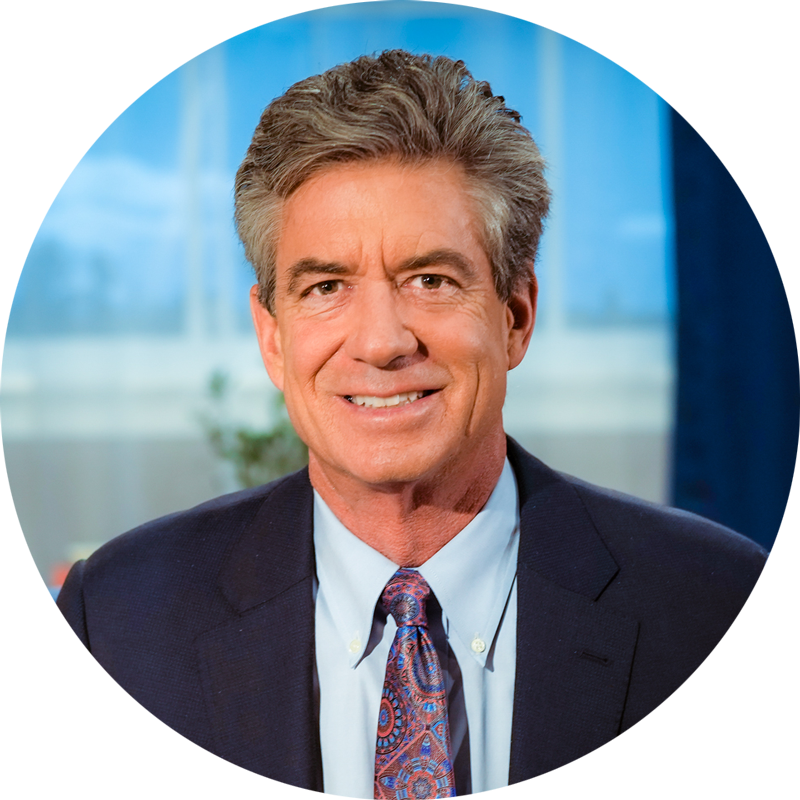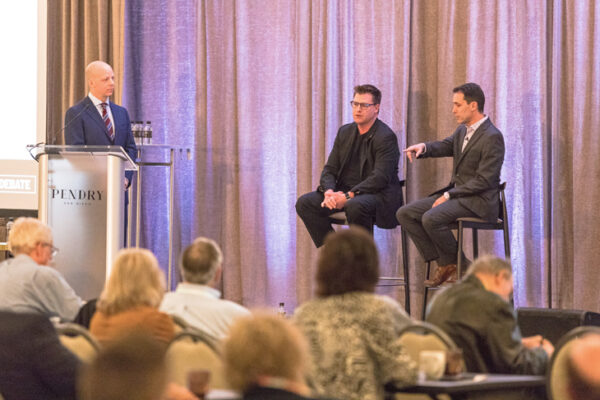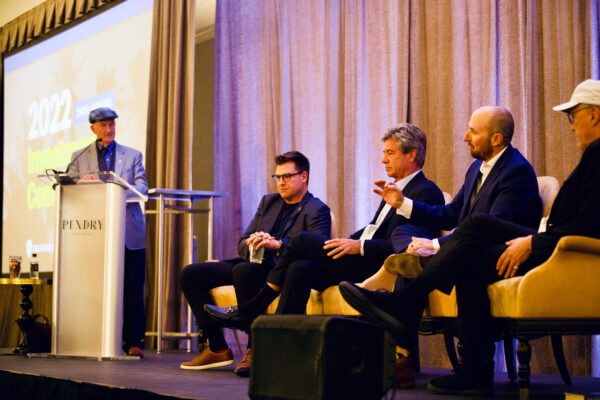The Mindset of the World’s Greatest Investors
- The world’s most successful investors aren’t worried about the state of the world or the latest market analysis.
- Today, Alexander Green shares what these investors know – and what we should all recognize – about how things really are.
Editor’s Note: In today’s article, Alexander Green explains why the world’s savviest investors aren’t worried about the state of the world or our economic outlook. And here’s one more reason to look on the bright side: Alex is getting ready to launch a brand-new initiative on January 18.
We couldn’t be more excited about this new project. It’s the first time Alex has ever done anything like this in his career, and we’re expecting BIG results. He’ll be reaching out with all the details next Saturday, so be sure to keep an eye out for his message!
– Christina Grieves, Senior Managing Editor
Millions of investors dream of earning fantastic investment returns like those of Berkshire Hathaway Chairman Warren Buffett or Peter Lynch, the legendary former manager of the Fidelity Magellan Fund.
Unfortunately, the majority of investors lack a crucial ingredient: the right mindset.
Here’s what I mean…
A 2016 survey by public opinion poll YouGov asked folks in 17 countries, “All things considered, do you think the world is getting better or worse, or neither getting better nor worse?”
Only 11% responded that things were getting better. (In the U.S., only 6% thought things were improving.)
You might even agree yourself. But you shouldn’t.
Two hundred years ago, 84% of the world’s population lived in extreme poverty. In 1981, according to the World Bank, that number was still 43%. Today it is less than 8%.
Two hundred years ago, 90% of the world’s population was illiterate. Today that number is inverted: nearly 90% can read.
In the last 30 years, an additional 2.6 billion people have secured access to clean water. More than 80% of the world’s citizens now have access to electricity.
Thirty years ago, zero percent of the world’s population had access to the internet. Today more than half do.
There has not been a war between the world’s great powers since 1945. Over the last 30 years, civil wars have been far less frequent. Terrorist attacks are down, too.
We are living through what Harvard psychologist Steven Pinker calls the “Long Peace.”
There are many other signs of improvement.
The number of people living under democracies is increasing. Life expectancy worldwide is rising. Standards of living have never been higher. Educational attainment has never been greater. Violent crime is in a long-term cycle of decline. Air and water quality are improving. Religious intolerance, gender inequality, racism and homophobia are all down.
Yet most people don’t know these things.
In his book, Factfulness: Ten Reasons We’re Wrong About the World – and Why Things Are Better Than You Think, renowned public educator Hans Rosling explains how he posed hundreds of questions about poverty and wealth, energy and the environment, guns and violence, and global developments in health, education, and gender equality to thousands of people in dozens of countries.
What he discovered was a story of massive ignorance, even – or especially – among well-informed, highly educated people, “including Nobel laureates.”
Rosling concludes:
Everyone seems to get the world devastatingly wrong. Not only devastatingly wrong, but systematically wrong… [The test results] are worse than the results I would get if the people answering my questions had no knowledge at all.
Yet the world’s most successful businessmen and investors have a more accurate perspective.
They don’t get everything right, but they see the big picture. They recognize the progress that is occurring. And they invest in it.
Microsoft founder Bill Gates says…
By almost any measure, the world is better than it has ever been. People are living longer, healthier lives. You might think that such striking progress would be widely celebrated, but, in fact, many people think the world is getting worse. This isn’t just mistaken. It’s harmful.
Buffett’s mentor, Benjamin Graham, famously said, “Without a saving faith in the future, no one would invest at all. To be an investor, you must be a believer in a better tomorrow.”
In a Barron’s cover story this month, Lynch said, “The thesis underlying everything is that the U.S. will be OK. If you don’t believe that, you shouldn’t be in the stock market.”
And in a recent Berkshire annual report, Buffett said…
Many Americans now believe that their children will not live as well as they themselves do. That view is dead wrong: The babies being born in America today are the luckiest crop in history. America’s economic magic remains alive and well.
Clearly, the great investors understand that we will always have serious problems but that most things are getting better for most people in most places.
Why do the overwhelming majority of us not realize that?
The answer is the “Master Narrative.”
I’ll explain what that is – and how it undermines investors – in my next column.
[adzerk-get-ad zone="245143" size="4"]About Alexander Green
Alexander Green is the Chief Investment Strategist of The Oxford Club, the world’s largest financial fellowship. For 16 years, Alex worked as an investment advisor, research analyst and portfolio manager on Wall Street. After developing his extensive knowledge and achieving financial independence, he retired at the age of 43.
Since then, he has been living “the second half of his life.” He runs The Oxford Communiqué, one of the most highly regarded publications in the industry. He also operates three fast-paced trading services: The Momentum Alert, The Insider Alert and Oxford Microcap Trader. In addition, he writes for Liberty Through Wealth, a free daily e-letter focused on financial freedom.
Alex is also the author of four New York Times bestselling books: The Gone Fishin’ Portfolio: Get Wise, Get Wealthy… and Get On With Your Life; The Secret of Shelter Island: Money and What Matters; Beyond Wealth: The Road Map to a Rich Life; and An Embarrassment of Riches: Tapping Into the World’s Greatest Legacy of Wealth.






